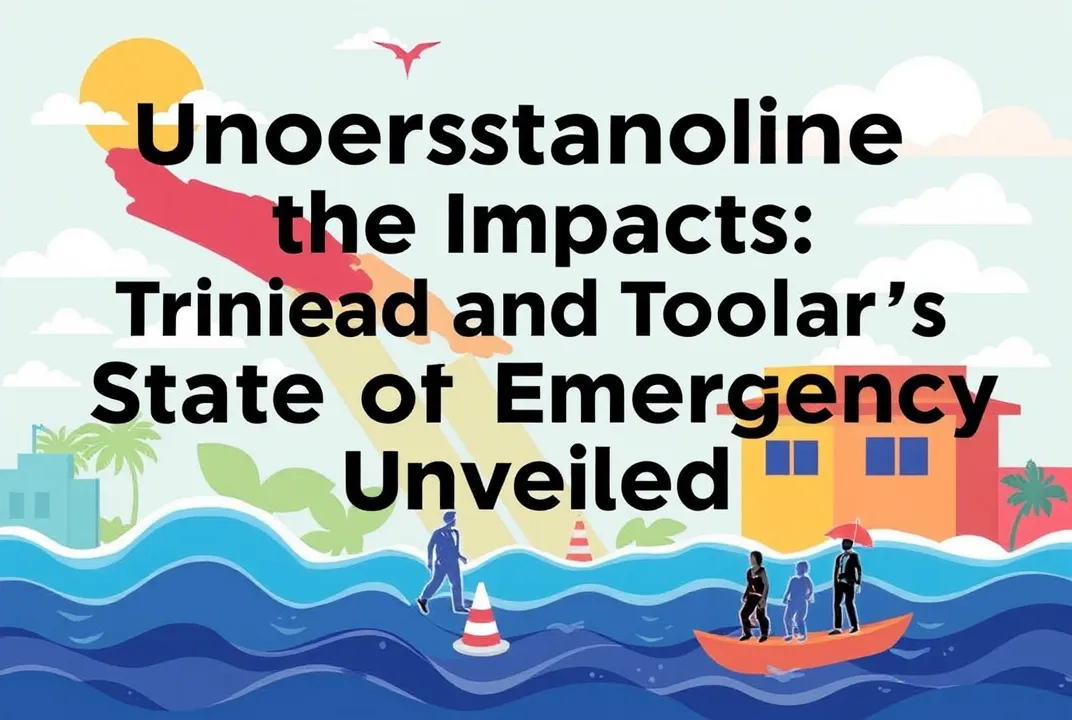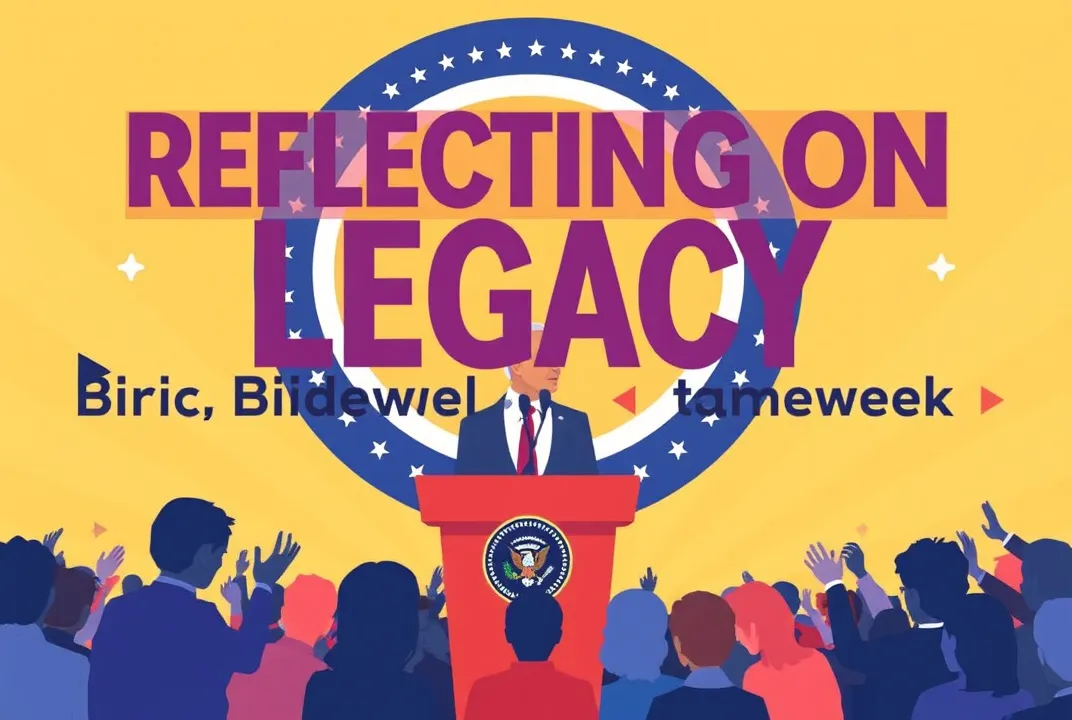Introduction
Trinidad and Tobago, a twin-island nation known for its vibrant culture and rich history, recently found itself at a critical juncture as a state of emergency was declared. This decision, rooted in escalating crime rates and public safety concerns, has sent shockwaves through the communities, prompting discussions about its implications on everyday life, governance, and human rights. In this article, we will explore the events leading up to this declaration, the government's rationale, the public's reaction, and what it all means for the future of Trinidad and Tobago.
The Context: Rising Crime Rates
A Nation at a Crossroads
Over the past few years, Trinidad and Tobago has witnessed a troubling increase in violent crime, particularly gun-related offenses. In 2022, the murder rate soared to alarming levels, making headlines both locally and internationally. This surge in violence was attributed to a combination of factors, including drug trafficking, gang activity, and socio-economic challenges. The government struggled to address these issues effectively, leading to growing discontent among citizens who felt increasingly unsafe in their own communities.
The Government's Response
Faced with mounting pressure, the government of Trinidad and Tobago, led by Prime Minister Paula-Mae Weekes, took decisive action. On a fateful day in August 2023, a state of emergency was declared, effectively granting law enforcement agencies increased powers to combat crime. This move was intended to restore order and instill a sense of security among the populace. However, it also raised significant questions about civil liberties and the balance of power in a democratic society.
The Immediate Effects of the State of Emergency
A Unified Front: Law Enforcement on the Streets
In the days following the announcement, law enforcement agencies flooded the streets of Trinidad and Tobago's urban centers. Police presence was amplified, checkpoints were established, and curfews were implemented in high-crime areas. For many citizens, these measures provided immediate relief, as the streets felt safer, albeit under the watchful eye of armed officers. However, for others, the militarization of the police force served as a stark reminder of the fragility of civil rights during times of crisis.
Voices of Concern: Civil Liberties at Stake
While the government's intention was to curb violence, civil rights organizations quickly raised alarms about the potential overreach of power. Advocates argued that a state of emergency could lead to human rights violations, including arbitrary arrests and unlawful detentions. The delicate balance between ensuring public safety and protecting individual freedoms became a focal point of debate among citizens, lawmakers, and civil society.
The Public's Reaction: Divided Opinions
Support for the State of Emergency
For some citizens, the state of emergency was a necessary evil. Many residents expressed relief over the increased police presence, citing personal experiences of fear and anxiety stemming from crime. One Trinbagonian mother recounted how her neighborhood had transformed from a once-thriving hub of community life into a battleground of violence. “I just want to feel safe walking my children to school,” she lamented. In her view, drastic measures were warranted to reclaim the streets.
Opposition and Skepticism
On the other hand, many citizens expressed skepticism regarding the efficacy of the government's approach. Critics questioned whether a temporary state of emergency would yield lasting results or merely serve as a band-aid solution to deeply rooted societal issues. Prominent activists voiced concerns about the potential for police brutality and the erosion of democratic norms. “We cannot sacrifice our freedoms for the illusion of safety,” stated a local activist during a protest against the emergency measures.
The Broader Implications for Governance
A Test for Leadership
The declaration of a state of emergency serves as a litmus test for the current administration's leadership capabilities. It raises pressing questions about governance strategies and the role of public trust in democratic institutions. Will the government prioritize immediate security concerns over long-term solutions, such as social programs and community development? As citizens anxiously watch how the situation unfolds, the government's actions during this crisis will undoubtedly shape the political landscape for years to come.
A Call for Dialogue
As the state of emergency continues, there is an urgent need for dialogue among stakeholders. Government officials, civil society, and community leaders must collaborate to address the underlying issues contributing to crime. Investment in education, social services, and economic opportunities can create an environment where individuals feel empowered rather than marginalized.
Conclusion: A Nation in Reflection
As Trinidad and Tobago navigates this turbulent period, the state of emergency serves as both a response to an immediate crisis and a reflection of the nation's broader challenges. Citizens are left grappling with the tension between safety and freedom, leading to an important national conversation about the future of governance and civil rights. With each passing day, the actions taken and the responses elicited will carve out the path forward for this resilient nation. It is critical for all voices to be heard and for meaningful solutions to emerge that honor the dignity and rights of every citizen, ensuring that Trinidad and Tobago can thrive as a beacon of hope, safety, and democracy in the Caribbean.


 Understanding Snow Squalls: Nature's Sudden Winter Storms
Understanding Snow Squalls: Nature's Sudden Winter Storms
 Reflecting on Legacy: Key Takeaways from Biden's Farewell Address
Reflecting on Legacy: Key Takeaways from Biden's Farewell Address